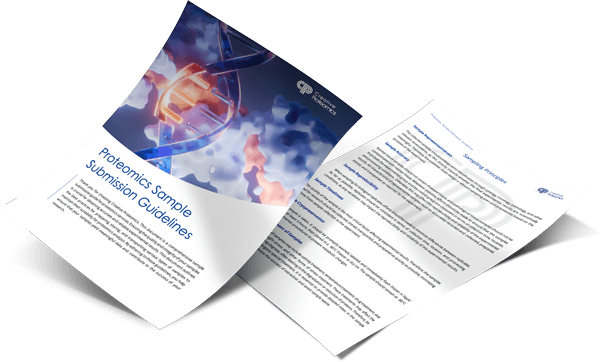Acylation is one type of post-translational modification of proteins. Acyl-CoA, an important intermediate metabolite of cells, directly participates in the protein acylation in organisms as donors, thereby regulating various important biological processes, including epigenetics, energy metabolism, protein transport, protein-protein interaction, etc. Meanwhile, protein acylation is one of the most attractive topics in current life science research. Among protein modifications, acetylation modification is the earliest discovered and most studied, and in recent years, protein propionylation, malonylation, glutarylation, succinylation, crotonylation, and other acylations have been discovered to broaden research proteomics. Acylation quantitative proteome research is to compare the acylation modification levels in biological samples under different physiological or pathological conditions and to reveal the relationships between changes of acylation modification of protein and life activities, which is useful for elucidating the mechanism of cells, screening clinical markers of diseases, and discovering novel drug targets for future treatments.
Our Protein Acylation Analysis Service
Creative Proteomics relies on Thermo Fisher's Orbitrap Fusion Lumos Mass Spectrometry platform combined with nanoLC-MS/MS to provide acylated quantitative proteomic analytical service packages. We will take care of all aspects of the project, covering protein extraction, proteolytic cleavage, acylated peptide enrichment, peptide separation, mass spectrometry analysis, mass spectrometry raw data analysis, and bioinformatics analysis.
Workflow of Our Protein Acylation Analysis Service
During our service cycle, your provided protein samples will be digested into a mixture of peptide fragments and then separated by liquid chromatography according to their different components, hence reducing the overall complexity of your protein sample. Subsequently, acylated peptides are annotated, identified, and specifically enriched using the high-quality acylated modified antibodies or kits for final bioinformatic analysis. As a result, the acylated protein modification are revealed, analyzed, and quantified by the LC-MS/MS.

Customized Bioinformatics Services
| Standard Analysis | Customized Analysis |
|---|---|
a) Collection of output statistics | Modified peptide motif analysis |
Sample requirements
- Fresh animal tissue: ≥600 mg
- Fresh plant tissue: ≥6 g
- Cell culture: ≥1×107 cells/tube x 3 tubes
- Fungi and bacteria: ≥600 mg
- Serum, plasma: 450 μl × 4 tubes
- Protein solution: total protein of 5-10 mg
- Body fluid samples: urine of 15 mL × 4 tubes (centrifuge at 1000 x g for 5 minutes and discard sediment); or other body fluids (saliva, amniotic fluid, cell culture supernatant, etc.) > 15 mL
Advantages
- High specificity and enrichment efficiency
- Large-scale identification of enriched acylated peptides with mass spectrometry of high resolution and high throughput
- Combining commercially available quantitative techniques to analyze, compare, and correlate acylation levels between samples quantitatively
Types of Our Protein Acylation Analysis Service
- Propionylation Quantitative Proteomics
- Malonylation Quantitative Proteomics
- Glutarylation Quantitative Proteomics
- Succinylation Quantitative Proteomics
- Crotonylation Quantitative Proteomics
- Palmitoylation Site Identification Service
Technology platforms
Ion Chromatography
High-Performance Liquid Chromatography (HPLC)
Matrix-Assisted Laser Desorption Ionization Mass Spectrometry (MALDI-MS)







